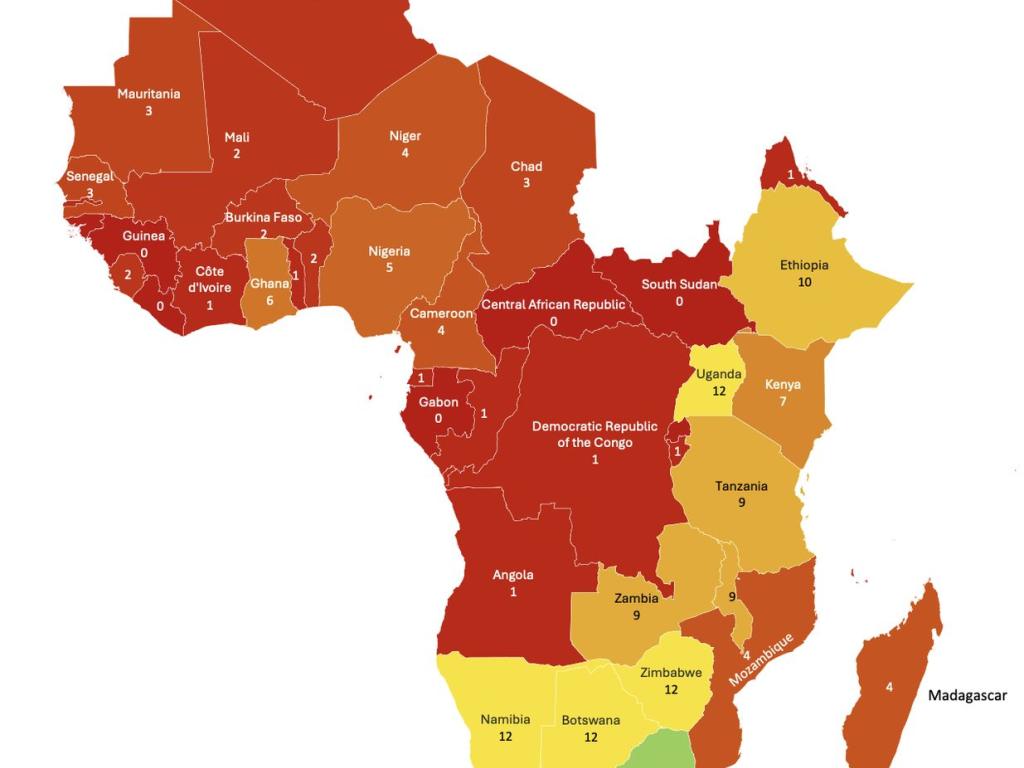Just published: Study on the African cigarette price data landscape

Sam Filby recently published an article in Tobacco Control entitled The African cigarette price data landscape: An overview of gaps and opportunities.
The article locates and describes free datasets that provide information on cigarette prices in African countries, and identifies opportunities for improving the frequency and coverage of cigarette price data collection in the region. It was written with the purpose of helping researchers and funders to identify those African countries in which little is known about cigarette prices, and where skills and resources are most necessary to obtain a comprehensive understanding of the cigarette price landscape in the region. The study also serves as a reference point for researchers seeking a roadmap of the different sources of cigarette price data available for African countries.
Even though the number of tobacco users in Africa is expected to increase, and decades of research has shown that excise tax increases are a powerful tool for reducing tobacco use, African countries are the weakest performers in the area of tobacco taxation. Although not a sufficient condition for securing tax policy change, policymakers often want local evidence to persuade them to increase tobacco taxes. Local price data are needed to produce this evidence.
Through a search of three data repositories, and two journal databases, Sam found 131 datasets, covering 39 out of 47 African countries, that contain information on cigarette prices. The article describes these datasets in relation to 13 criteria, including the type of price data collected (self-reported versus observational), whether the dataset provides information on the cigarette brand, the retail outlet type, and the cigarette packaging type associated with the price observations, and whether the prices are nationally representative. Datasets based on self-reported information represented around 85% of all datasets found.
The dataset search process revealed that only eleven African countries have utilized the three large-scale surveys that repeatedly collect information on smoking behavior (i.e. the Multiple Indicator Cluster Survey (MICS), Demographic and Health Survey (DHS), and STEPwise surveys) to collect information on cigarette prices. It also showed that since the Global Youth Tobacco Survey stopped collecting information on cigarette prices in 2012, there have been no self-reported price data-collection efforts that draw their samples from the youth (aged<15). In summarizing the price estimates derived from the datasets, Sam also found that prices collected through retail observations exhibit significantly fewer outliers than self-reported prices.
In the article, Sam argues that a broader base of cigarette price information for the African region could be obtained through proactive efforts by the tobacco control community. These efforts should include lobbying governments to leverage existing surveys that already collect information on cigarette smoking behavior across the continent (such as the MICS, DHS and STEPwise surveys), to also collect information on the prices that people pay for the cigarettes that they smoke. Sam also argues that expanding observational price-data collection efforts at cigarette retailers would address the existing information gap concerning the prices that young people pay for cigarettes and improve understanding of the degree of misreporting in the self-response surveys that currently dominate the region’s cigarette price data landscape.
This paper was the fifth of five papers that have been funded by the CDC Foundation. The funding aimed to support REEP in investigating important economic relationships in tobacco control in Africa. When it comes to tobacco control, Africa is often under-researched. This paper is part of a strategy to address this.
Read the full paper here.
